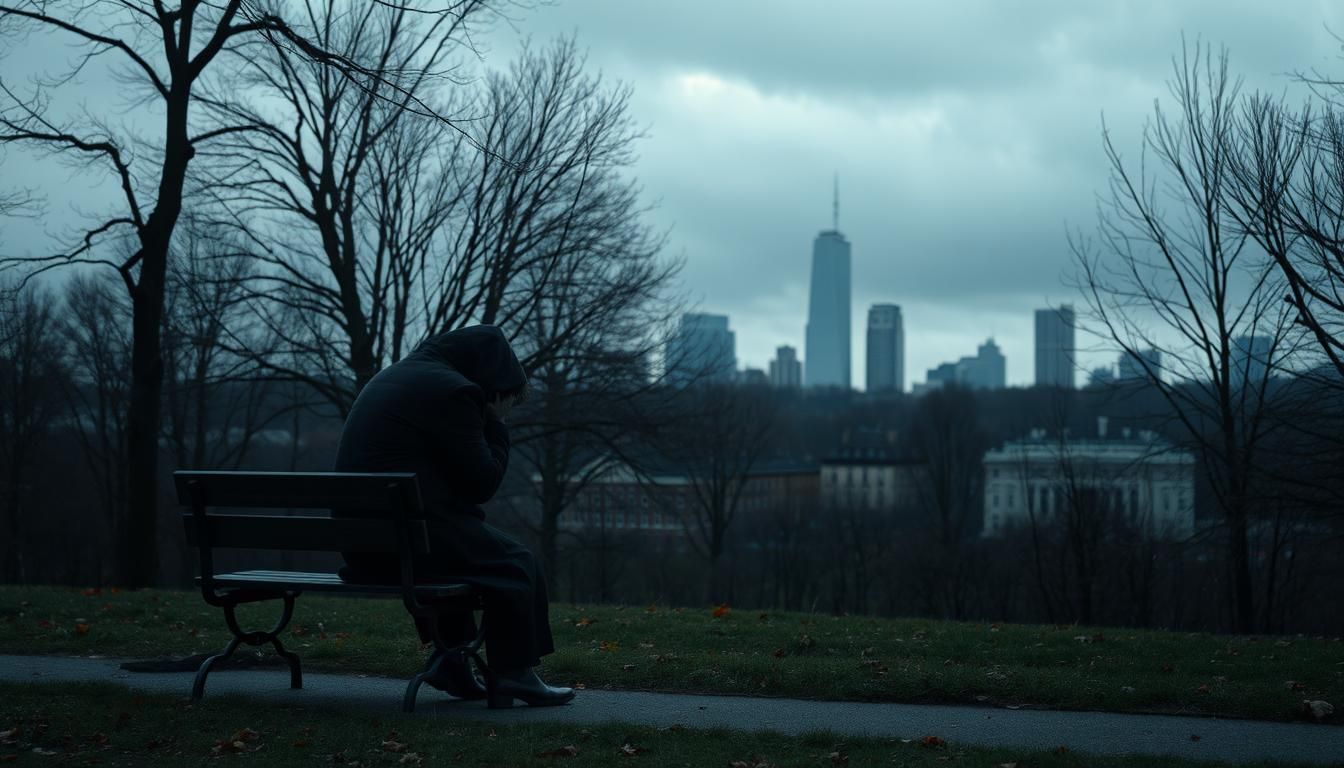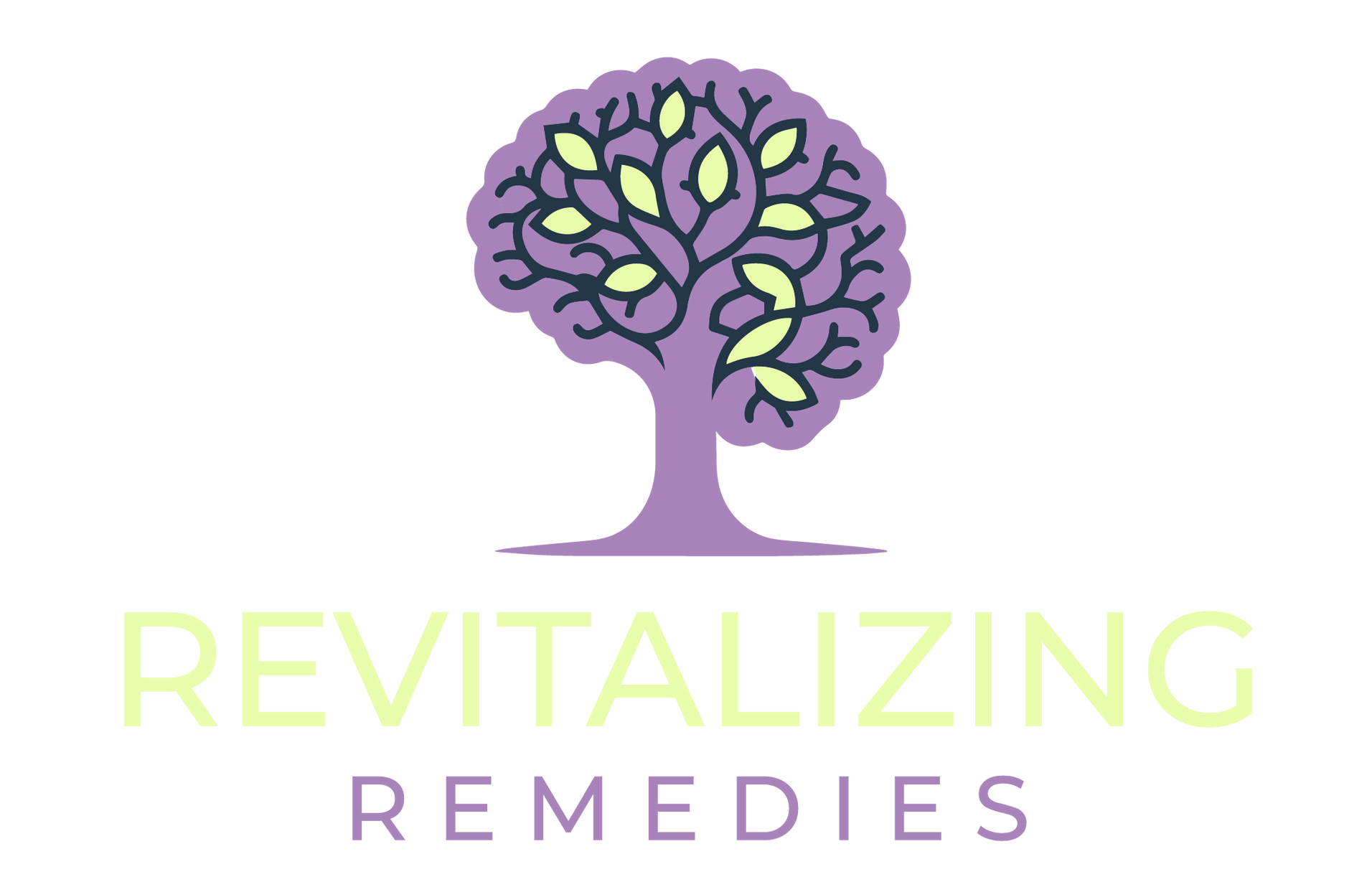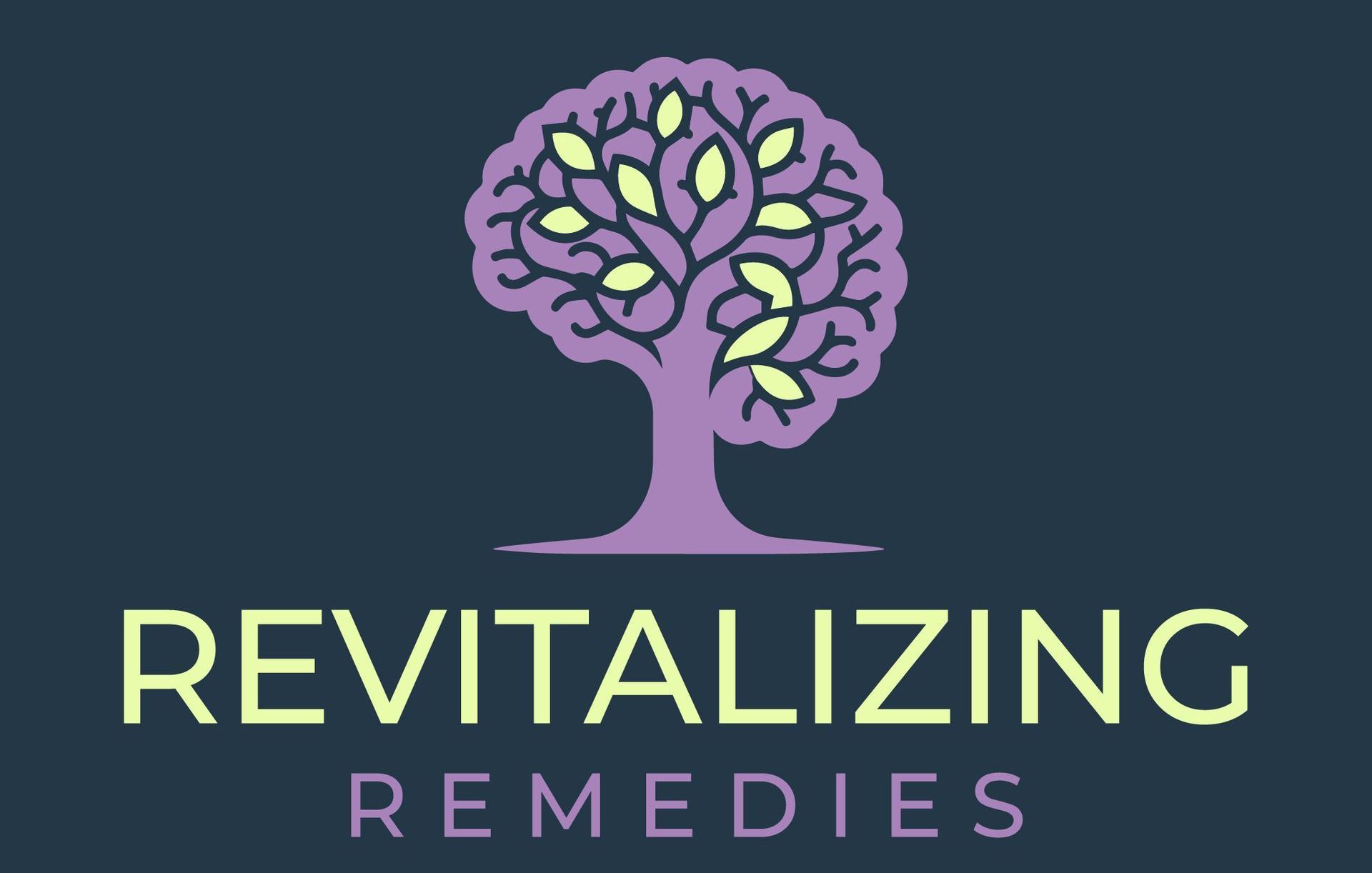Mind Over Matter: Cultivating Mindfulness for Resilience and Suicide Prevention
Revitalizing Remedies in New Jersey honors World Suicide Prevention Day by sharing clear, practical ways to build emotional resilience. This service page blends friendly guidance with access to advanced care. Our team of doctors, nurse practitioners, counselors, and technicians offers evidence-based treatments, including FDA-approved Spravato and NeuroStar TMS, to support people facing persistent depression.

This introduction acknowledges that suicide is a complex public health problem. It also sends a simple message: informed awareness, coping tools, and professional help can work together to protect life and restore hope.
Mindfulness is not a cure-all, but it can help interrupt distressing thoughts, lower stress, and create calm. Ahead we explain why this day matters, share science-backed techniques, and outline how Revitalizing Remedies connects patients with timely, compassionate care in New Jersey. Call us at
(201)-727-3241 to learn more.
Key Takeaways
- Mindfulness supports resilience and complements clinical care.
- Revitalizing Remedies offers advanced, evidence-based treatment options.
- A clear message of awareness and action helps communities respond.
- Simple practices can reduce distress and create moments of calm.
- Professional support is vital when depression persists; help is available.
Why World Suicide Prevention Day Matters: Changing the Narrative and Building Support
When health systems, governments, and local groups coordinate, awareness becomes action. The annual world suicide prevention effort began with the World Health Organization in 2003 and grew after the WHO’s 2014 report urged nations to act.
Shared focus amplifies impact. The prevention day brings world health partners, governments, organizations, and communities together. More than 60 countries now host hundreds of events each year that raise awareness and reduce stigma.
Data underline the urgency: over 720,000 deaths each year show the scale of the issue. That fact drives policy changes and funding for services.
From Global Policy to Local Care
Campaigns create learning opportunities and connect people with real help. Good policy funds training and safety nets, while neighbors provide steady listening and outreach.
Reducing Stigma Through Conversation
Changing the narrative means normalizing open, caring talk so people seek support sooner. Revitalizing Remedies aligns with these efforts by offering evidence-based care alongside community education.
- Learn warning signs.
- Practice compassionate listening.
- Share events and resources to raise awareness.
Mindfulness Practices that Strengthen Mental Resilience and Emotional Well-Being
Simple, repeatable practices can pull a racing mind back into the present and create space for a safer choice. These tools are practical, portable, and helpful for anyone working on mental health. Use them alongside clinical care when symptoms persist.
Grounding and Breathwork to Interrupt Spirals
Try a 5-4-3-2-1 sensory scan: name five things you see, four you can touch, three you hear, two you smell, one you taste. Pair this with paced breathing—inhale four counts, hold one, exhale five.
These steps calm the nervous system so people can pause long enough to choose a safer action or call for help.
Everyday Coping Mechanisms You Can Start Today
Micro-meditations (two minutes), journaling to notice thoughts, and tiny goals boost momentum. Schedule pleasant activities and keep a simple "soothe kit" with music, coping cards, and contacts.
Creating Routines: Sleep, Movement, and Mindful Media Use
Consistent sleep, regular movement, hydration, and limiting distressing screens stabilize mood and make mindfulness easier to use under stress. Good habits support overall health and resilience.
Community Awareness and Connection
Share the message of self-compassion in meetings or groups. Short guided breathing or check-ins normalize care, support preventing suicide, and build local prevention awareness.
Revitalizing Remedies supports these practices as complements to evidence-based options like Spravato and NeuroStar TMS when additional treatment is needed. If distress escalates, reach out for clinical help and same-day support.
How Revitalizing Remedies Supports Suicide Awareness and Care in New Jersey
Revitalizing Remedies combines clinical expertise and community outreach to make care more accessible across New Jersey. Our mission is to help patients become the people they were meant to be by offering fast, compassionate pathways to recovery.

Compassionate, Evidence-Based Care From a Multidisciplinary Team
Physicians, nurse practitioners, counselors, and technicians collaborate to deliver integrated mental health support tailored to each person's goals.
Thorough assessments, medication management, psychotherapy, and collaborative safety planning ensure care centers on strengths and practical steps toward stability.
Innovative Treatments: Spravato (Esketamine) and NeuroStar TMS
Among the only clinics in Morris and Sussex County to offer FDA-approved Spravato intranasal spray and non-drug NeuroStar TMS, we provide options when first-line treatments fall short.
Timely access to Spravato or TMS can be a critical initiative that keeps recovery a priority for people with treatment-resistant depression.
Immediate Support and Next Steps
Call (201)-727-3241 or visit revitalizingremedies.com to connect with a team member who can guide screening, scheduling, and insurance questions.
- Care plans blend clinical treatments with skills-based coaching like mindfulness and coping tools.
- Families and caregivers are welcome to participate when appropriate.
- We invite referrals and partnerships to expand the campaign for wider prevention and support in our communities.
World Suicide Prevention Day: Year-Round Actions to Prevent Suicide
Simple, timely steps taken year-round make a real difference when someone feels trapped by painful thoughts.
Small acts of care can interrupt harmful thinking and connect a person to help. Revitalizing Remedies encourages kind check-ins, practical safety steps, and fast links to professional care. If you need guidance, call
(201)-727-3241 or visit
revitalizingremedies.com.
Small Actions, Big Impact: Interrupt Harmful Thoughts and Show You Care
Ask directly but gently if you suspect danger. Listen without judgment and stay with the person while arranging help. You do not need to be an expert to make a difference.
Try brief, immediate actions: take a short walk together, do three deep breaths, or call a trusted contact. These moves can slow a spiral and open a path to safety.
Keeping Suicide Prevention a Public Health Priority Beyond Day 2025
Communities around world can keep momentum by hosting short awareness huddles, posting local resources, and scheduling follow-up check-ins. Training staff in compassionate listening and building simple response protocols helps sustain the effort.
| Immediate Action | Community Step | Family Practice | Resource Link |
|---|---|---|---|
| Ask directly, listen | Host brief awareness huddles | Quarterly care check-ins | revitalizingremedies.com |
| Interrupt spirals (walk, breathe) | Post crisis info visibly | Keep a local resource list | Call (201)-727-3241 |
| Offer transport or accompaniment | Train staff in compassionate listening | Keep a local resource list | Local crisis centers and hotlines |
Translate the message into steps: ask, listen, stay, and help connect. Raising awareness matters, but pairing it with action saves lives and reduces stigma. Make support simple, visible, and repeatable all year.
Conclusion
Communities strengthen when open talk, practical skills, and health services work together.
Suicide prevention needs individual coping tools, community awareness, and ready clinical care to protect life and promote recovery across New Jersey and beyond.
Recognizing this as a complex public health issue calls for coordinated policy, organizations, and local governments to keep services a priority and reduce stigma.
Mindfulness, steady routines, and step-by-step strategies can interrupt harmful thinking and align with professional treatment to lower risk over time.
Revitalizing Remedies invites you to take the next step. For evidence-based care and compassionate follow-up, call
(201)-727-3241
or visit
https://revitalizingremedies.com/. Thank you for advancing awareness and hope.
FAQ
What is the main goal of Mind Over Matter: Cultivating Mindfulness for Resilience and Suicide Prevention?
The initiative aims to teach simple mindfulness skills that strengthen emotional resilience and reduce crisis risk. It focuses on practical tools—grounding, breathwork, and daily routines—that help people manage intense feelings, improve sleep, and create healthier habits. These practices support recovery and lower the chance of emergency situations.
Why does observing the awareness day matter in changing the narrative and building support?
Observing the awareness day shifts public focus from blame to care. It encourages honest conversations, reduces stigma, and pushes policymakers and health systems to make prevention a priority. When communities and health organizations join together, access to resources and timely care improves for people in need.
How do global public health groups and local communities work together to prevent suicides?
International bodies like the World Health Organization set evidence-based guidelines and call attention to the issue. Local groups, schools, and faith organizations translate those guidelines into education, support networks, and crisis response plans. That partnership makes prevention efforts culturally relevant and easier to access.
What role do awareness campaigns play in reducing stigma?
Awareness campaigns normalize conversations about emotional pain and encourage people to seek help early. They use storytelling, clear resources, and trusted messengers to change attitudes, making it easier for someone to ask for help without fear or shame.
Which mindfulness practices are most effective for interrupting emotional spirals?
Short grounding exercises and paced breathwork work well in moments of acute distress. Techniques like 5-4-3-2-1 grounding or box breathing calm the nervous system quickly. Regular practice makes these responses automatic and helps people pause before reacting.
What everyday coping mechanisms can people start right away?
Start with small, consistent habits: daily breath pauses, short walks, limiting social media before bed, and jotting three things you’re grateful for. These actions build emotional reserves and make high-stress moments easier to manage.
How do supportive routines like sleep and movement help mental health?
Reliable sleep and moderate physical activity regulate mood and energy. Good sleep improves decision-making and impulse control, while movement releases mood-boosting neurochemicals. Together they create a foundation for better emotional balance.
How can communities raise awareness and foster connection across regions?
Communities can host educational events, training in safe communication, and peer-support groups. Partnering with schools, employers, and health centers spreads resources widely and builds local safety nets for people at risk.
What services does Revitalizing Remedies provide in New Jersey for people in crisis?
Revitalizing Remedies offers evidence-based, compassionate care through a multidisciplinary team. Services include psychiatric evaluation, therapy, and treatment options for severe depression and suicidal thoughts. The center also connects patients to ongoing support and crisis planning.
What innovative treatments are available for treatment-resistant depression?
Two notable options are esketamine (Spravato) and NeuroStar transcranial magnetic stimulation (TMS). Esketamine provides rapid relief for some individuals when combined with care, and TMS offers a noninvasive alternative for those who haven’t responded to medications. Both require clinical oversight.
How can someone get immediate help from Revitalizing Remedies?
For urgent support or to schedule an assessment, call (201)-727-3241 or visit revitalizingremedies.com. Staff can guide next steps, safety planning, and referrals to appropriate care.
What small actions can anyone take to make a big impact?
Simple steps matter: ask a caring question, listen without judgment, stay with someone who is distressed, and connect them to professional help. These actions interrupt harmful thoughts and show that people are not alone.
How can prevention remain a public health priority beyond the awareness year?
Sustaining attention requires policy change, funding for mental health services, training for providers, and community-based programs. Keeping conversations open and holding leaders accountable helps maintain progress year-round.
What resources are available for family members worried about a loved one?
Families can access crisis hotlines, local mental health clinics, and educational materials about warning signs and safety planning. Learning how to have calm, nonjudgmental conversations and creating emergency contacts can save lives.
Are there specific supports for women and other high-risk groups?
Yes. Many organizations offer tailored programs addressing gender-specific stressors, trauma-informed care, and culturally responsive services. Connecting with local advocates and specialized clinics improves relevance and outcomes.



